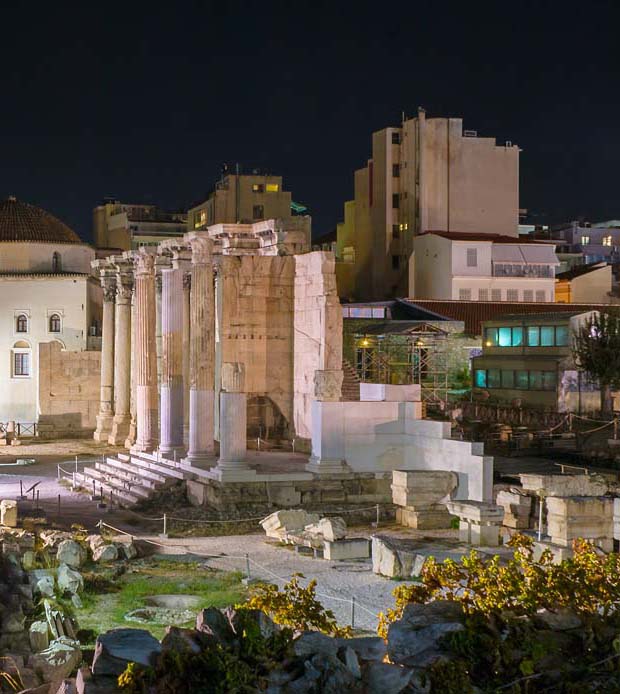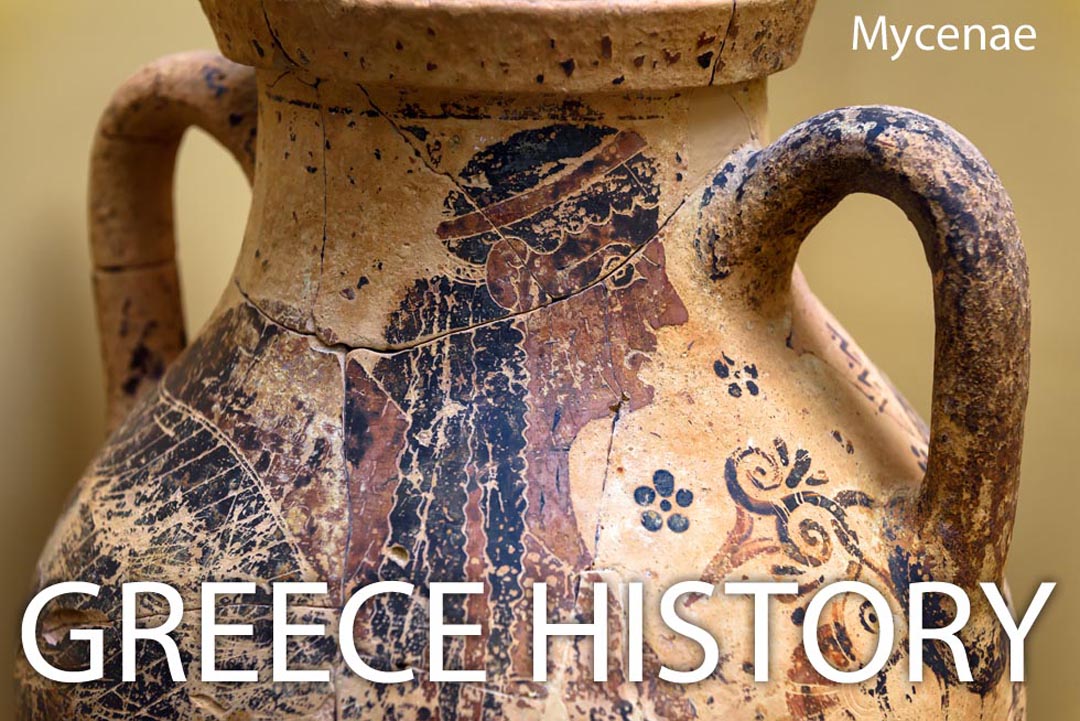Greece History
Last Update November 26, 2024
Greek history spans across multiple millennia, beginning with the ancient civilizations that emerged in the region. The earliest established period is the Minoan civilization (c. 2700–1450 BC) on Crete, followed by the Mycenaean civilization (c. 1600–1100 BC) on the mainland.
The Mycenaeans were part of the broader Aegean culture and are often associated with the legends of the Trojan War. After the decline of the Mycenaeans, Greece entered the period referred to as the Dark Ages (c. 1100–800 BC), a period marked by a decline in population and literacy. The subsequent Archaic period (c. 800–500 BC) saw the rise of city-states (πόλις poleis) like Athens and Sparta, the establishment of colonies, and major developments in art, politics, and philosophy.
The Classical Period
The Classical period (c. 500–323 BC) is usually considered the pinnacle of ancient Greek civilization and is often touted as the brightest moment of Western civilization by historians, and . It was marked by great achievements in literature, philosophy, art, and architecture, with figures like Socrates, Plato, and Aristotle laying the foundations of Western thought. Politically, this era saw the Persian Wars, where Greek city-states united against the Persian Empire, and the Peloponnesian War between Athens and Sparta. The conquests of Alexander the Great (356–323 BCE) spread Greek culture across the Mediterranean and into Asia, initiating the Hellenistic period (323–31 BCE), characterized by the blending of Greek and Eastern cultures. This era ended with the Roman conquest of Greece, leading to Greece becoming a part of the Roman Empire and later the Byzantine Empire after the Roman Empire's division.
The modern history of Greece began with the Greek War of Independence (1821–1829) against the Ottoman Empire, leading to the establishment of the modern Greek state in 1830. Throughout the 19th and early 20th centuries, Greece expanded its territory, and during World War I and World War II, it played a strategic role due to its geographic location. The mid-20th century saw political instability, including a civil war (1946–1949) and a military junta (1967–1974). Since the restoration of democracy in 1974, Greece has become a member of the European Union (1981) and the Eurozone (2001). Despite economic challenges, particularly during the 2008 financial crisis, Greece continues to be an integral part of European and global affairs, maintaining its rich cultural heritage and historical significance.
Greek History Topics
Attalos II Philometor Euergetes
Constantine II – The Last King of Greece
Parthenon (photo 1920)
Greece 1990s economic survival
How the Ottoman Empire empowered the Greek Revolution
The Panathenaic Stadium in Athens
Lycurgus of Athens famed financial leader and public works administrator for Athens in 4th century BC
Description of the original Hagia Sophia of Justinian I from the book History of the Byzantine Empire by George Ostrogorsky
Greek Identity after Independence – Changing to Hellenic Place-names
List of Presidents of the Hellenic Republic
FAMOUS GREEKS
Historical Photos
The monument of Lyskrates in Athens 1900
The choragic monument of Lysicrates in Athens
Lysikrates monument in Athens 1907
Street Scene Athens Greece Dec. 1919
Historical information
ADVERTISEMENT
Guide Book for the Peloponnese: with Athens, Delphi and Kythira – Paperback – Amazon – Bradt Travel Guides, 288 Pages, November 18, 2025

Hadrians Library in Athens, Greece
Media Links
Abolishing the first Greek tax of 1836
July 1, 2024 :Story at Bloko [Greek]
Remembering the famine in Athens in 1941-1942
May 19, 2024 :Story at Protothema [Greek]
How potatoes came to Greece
April 3, 2023: Story at Irish Central [English]
The 900 Greek girls who went to Australia for marriage in 1957
July 10, 2022: Story at IN GR [Greek]
Greece History Internet Links
March 15, 2022: "Greece feels the squeeze as history closes in all around it" – Irish Times
...the past 200 years have seen permanent tension, distrust and aggression between Greece and Turkey. History repeats itself – even in its personnel. The central figure of Greek politics 1910-1935 was Eleutherios Venizelos, a devious, charismatic and deeply divisive character, whose great-great-nephew Kyriakos Mitsotakis is the current prime minister, who lacks his ancestor’s charisma and acumen.
Although Venizelos wasn’t in office at the time of the "Anatolian Catastrophe," his fingerprints were all over it. Today, Mitsotakis points the Greek finger at Turkish president Tayyip Erdogan for creating a casus belli with Greece by demanding the return of some of the islands it acquired in the period 1913-1947."
August 11, 2021: Women of Troy – "The Booker-winner continues her visceral recounting of the Trojan war from the perspective of its female victims" – Financial Times



Greece's Golden Visa program
Advertisement: I am an Amazon affiliate
Original page April 2021 | Updated January 9, 2026

